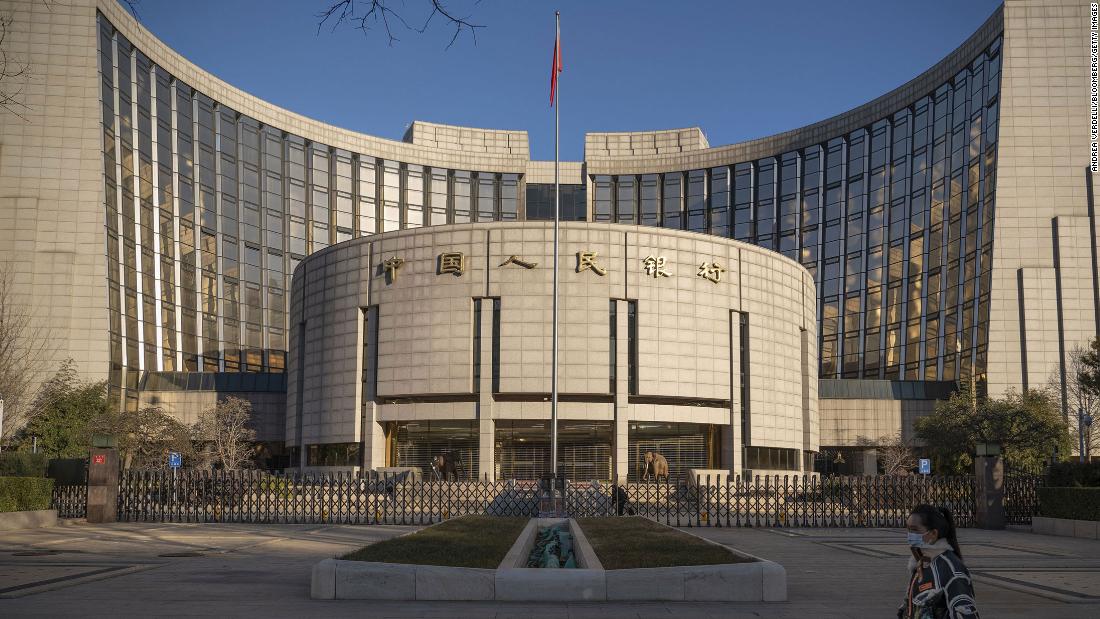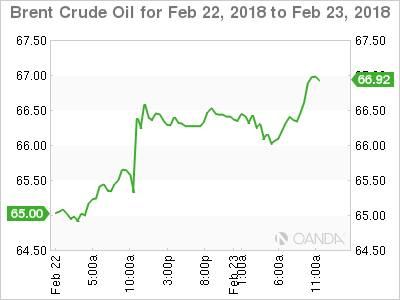Alright folks, brace yourselves. The numbers are in, and they’re…not pretty. Tokyo Shoko Research (TSR) just dropped a bombshell: Japanese corporate bankruptcy applications for fiscal year 2024/25 have hit a staggering 10,144 – the highest in eleven years! That’s not a glitch, that’s a scream from the Japanese economy.

We’re talking a 12% year-on-year jump, folks, a full-blown escalation in financial distress. Honestly, it feels like someone finally turned up the heat.
It’s not just one sector crumbling either. While finance and transportation seem to be holding (for now), most other industries are feeling the squeeze. This isn’t some isolated incident; it’s a broad-based weakness.
Now, here’s where it gets really interesting. The Bank of Japan, under Governor Kazuo Ueda, is still hinting at further rate hikes. They’re clinging to the hope that wage growth, even among smaller businesses, will fuel a consumption-driven boom. Sounds dreamy, doesn’t it? But here’s the cold shower: increasing rates into a weakening economy? That’s like trying to put out a fire with gasoline!
This surge in bankruptcies is a critical data point for the BoJ. It’s a real-world indicator of economic health. And right now, the message is crystal clear: the economy is fragile.
Let’s break down the underlying factors a bit.
Firstly, lingering effects of global supply chain disruptions continue to impact smaller businesses, increasing their operational costs.
Secondly, the weakening yen, while intended to boost exports, is simultaneously driving up import prices, squeezing margins.
Thirdly, Japan’s demographic decline and aging population present chronic structural challenges – a shrinking workforce and reduced domestic demand.
And finally, let’s be honest, decades of ultra-loose monetary policy have created a ton of zombie companies – businesses that only survive on cheap credit. When that credit starts to dry up…boom. They go under. Seriously, it’s a bloody mess.
So, is this a prelude to something bigger? A potential recession? It’s too early to say for sure, but alarm bells are ringing, loud and clear. Ueda needs to tread carefully. He’s walking a tightrope over a pit of financial quicksand. Don’t tell me he didn’t know the risks.






